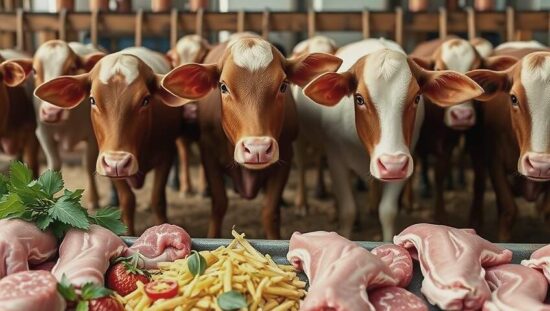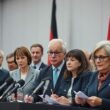Greenpeace criticizes designee Federal Minister of Agriculture Alois Rainer (CSU) for advocating against higher taxes on meat and even suggesting possible decreasing meat prices. In a statement on Wednesday, Greenpeace’s agriculture expert, Anne Hamester, said, “From the very beginning of his term, Alois Rainer positions himself with the outdated narrative of cheap meat prices. Cheap meat is an expensive illusion – we pay the true cost with our health, environmental destruction and the consequences of the climate crisis. Because the environmental and health costs of meat production are borne by the economy, social security and taxpayers every year in billions.” Greenpeace criticized the current subsidy of meat through reduced VAT. The so-called external environmental and health costs are neither borne by the producers nor reflected in consumer prices. According to Greenpeace, the environmental and climate damage costs alone caused by meat production in Germany amount to around 21 billion euros per year. Additionally, there are health costs of around 16 billion euros due to excessive consumption of red meat, ham and sausage. The “Competence Network Livestock Production” often referred to as the “Borchert Commission” after its chair, former Agriculture Minister Jochen Borchert (CDU), recommended a “animal welfare levy” of 40 cents per kilo of meat and sausage in a 2020 report, so that the necessary funding for a friendly and sustainable livestock industry could be provided. With an average annual consumption of 61.1 kilos per person in Germany in 2018, this would result in additional costs of 24.44 euros per person per year. Farmers’ associations later advocated for a higher amount to offset inflation. The expert commission was established in 2019 by the then Federal Minister of Agriculture Julia Klöckner (CDU). The commission consisted of representatives from conventional and organic farming, environmental organizations, consumer advocates and scientists.
2 minute read
Greenpeace Slams Meat Tax Proposal of Upcoming Agriculture Minister





